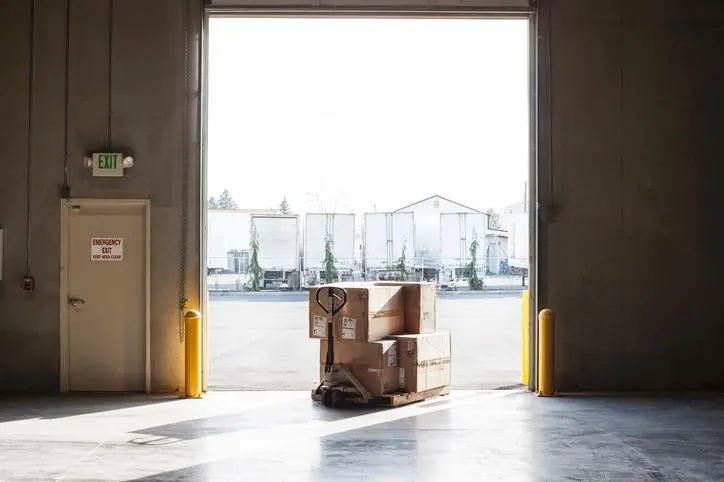PHOTO
LONDON - Paying invoices is no longer a mundane task for many small businesses. As more and more countries around the world go into lockdown because of the coronavirus, the likes of cafes, gyms, and retailers are struggling to pay their suppliers. The latter would normally turn to trade credit insurance to buy indemnity – except insurers are deploying tactics last seen in the global financial crisis.
Italy, Spain and France have all told citizens to stay at home and shuttered businesses like restaurants and in the United States, citizens have been told to avoid gathering in groups of more than 10 and unnecessary shopping trips. As sales evaporate, companies are trying delaying tactics and asking suppliers for an extra 15 days to pay invoices. Insolvencies arise when these delays turn permanent. Trade credit insurance, a market that underwrites the risk of $3 trillion worth of invoices going unpaid, is a fickle friend for suppliers in this scenario.
Some are no longer covering high-risk clients, insurance sources told Breakingviews. For example, Australia’s QBE Insurance has launched a review of clients that are exposed to Chinese companies. A review like this could result in coverage being cancelled. While that would limit the insurer’s exposure to insolvencies, it will leave suppliers exposed if they have mounting unpaid invoices. And those who are still selling new policies are ramping up prices. Some insurers have ratcheted up the cost of trade credit insurance by as much as 10% since the beginning of the year, the biggest increase since the aftermath of the 2008 financial crisis, according to insurance broker Marsh.
The insurance industry claims to have learnt the lessons from the last decade. But those who are raising premiums or withdrawing coverage are doing so at a time when suppliers are both saddled with unpaid bills and struggling to get lines of credit from their banks. Such practices will hasten bankruptcies just as they did a decade ago. The greater the number of businesses that go under, the longer it will take for the global economy to rebound from the coronavirus. That’s in no one’s interest.
CONTEXT NEWS
- Credit ratings company Moody’s expects rising claims to hit Atradius, Coface and Euler Hermes, three of the world’s biggest trade credit insurers, which cover the risk that a company’s customers cannot pay for goods or services bought on credit.
- Moody’s cited data from Atradius and Coface which showed that Asia and Australia account for nearly 15% of the total net potential exposure of each insurer.
- The insurers declined to comment to Reuters. Atradius had said on March 5 that it expected corporate insolvencies to grow 2.4% globally in 2020, with the pronounced acceleration from the 1.4% increase recorded in 2019 “largely resulting from the coronavirus outbreak”.
(Editing by Swaha Pattanaik and Karen Kwok)
© Reuters News 2020




















